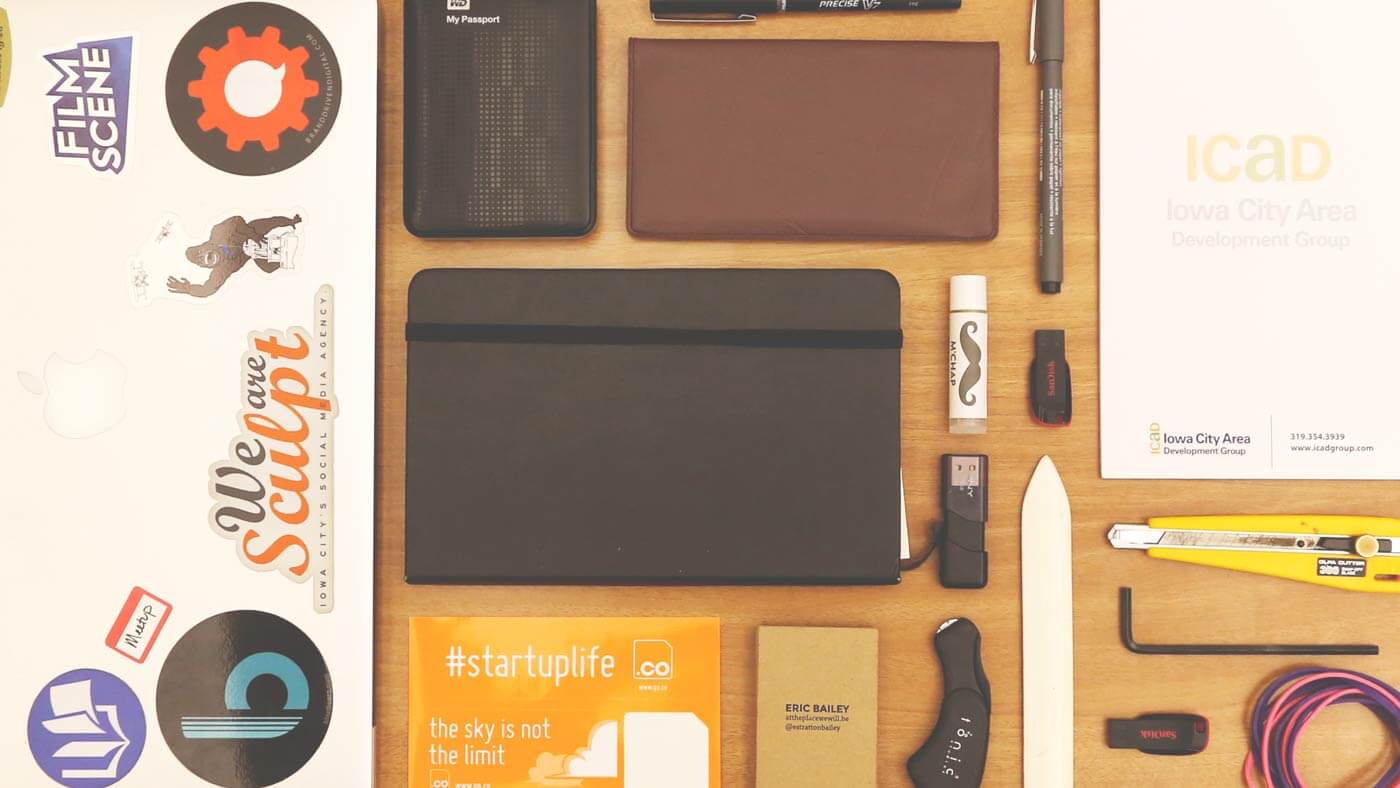Readers often ask me what tools and resources I use for getting things done, managing money, educating myself, and running this blog. I’ve created this page so you have a handy reference to those resources. This page will evolve over time as I discover new resources, so I’d recommend bookmarking it!
Most of the resources here are completely free. Of the few that aren’t, some contain affiliate links. If you use them, I’ll get a small commission — though there is no extra cost to you. I recommend these resources because I use them myself and have a lot of experience with them. Remember that for each resource, there are other options out there – these are simply what I use and love.


